The Information Age Needs Knowledge and Morality
The era of the Internet has dramatically inaugurated, fervently boosted and vigorously sustained a flow of information of staggering proportion and global magnitude. In reference to the ancient Roman world, there is a saying that “all roads lead to Rome.” In our present world, which Alvin Toffler dubs as the “Third-Wave Civilization” or “Information Age,” post-modern realities flow along an expansive cyberspace superhighway with breadth and length of infinite span. [Cf.Toffler’s trilogy: Future Shock, The Third Wave, and Powershift] To be “wired” is to be in the cockpit of a virtual spaceship that can travel the “cyber-cosmos” and allow one’s fingertips to explore every corner, nook and crevice of realms only fantastically conceivable some few decades ago. For those who are more spare and focused on their personal or professional interest, the Internet is a versatile reference that gives automatic access to most information, relevant and imminent, here and now.
On the other hand, an unrestrained and unprogrammed exploration of cyber-information can lead us from one information source to a myriad of other related sources to yet other sources, ad nauseam. In many instances, such information overload complicates and even muddles processing of a certain amount of information that is needed in a neat and ordered presentation. The enormity of the cyber-cosmos is like a boundless super-mind that is devoid of personal disposition and hence utterly deficient of any moral fiber without actually being immoral. For those with religious inclinations, the cyber super-mind might be the antichrist or an impersonal god.
“The problems are solved, not by giving new information, but by arranging what we have known since long.” – Ludwig Wittgenstein
In situations of information overload, where cases of garbage-in-garbage-out are commonplace, it is necessary to sort out important and appropriate data for one’s specific purposes. A deluge of seemingly interrelated or interconnected data may lead us from one analytic moment to another without consideration for the credibility of our sources. Since people generally tend to be on one side of an issue rather than the other, information exploration and gathering can become a quantitative rather than qualitative exercise, as we are commonly inclined to feed and reinforce our opinion and argument with one-sided information, to the neglect of necessary and vital points in the opposite argument. Unilateral information, which could at worst come from spurious and unreliable sources, appropriated to beef up a stand on a certain issue, can never lead to a meaningful understanding of reality.
Philosophical sensitivity and prudence are essential for exploring and accessing trustworthy and valuable information for a reasonable, factual, accurate and consistent understanding of the states of affairs in the social, political, economic and cultural spheres. Consequently, information flow should be controlled to protect us from ourselves. The present era’s unimpeded flow of information may be both beneficial and detrimental. The metropolitan souls who are engulfed within the Internet bubble and overwhelmed by an endless information bombardment cannot act on their predicament, not because they are paralyzed and helpless but because they are hooked into a system that can weaken one’s resistance to disengage oneself.
Virtual reality is not only an aspect but also an interwoven fiber of paramount reality. There is no turning back, because the ladder used by the precursors of this technological ascent is nowhere to be found below. With some external prodding, push and shove, we have joined the uphill procession to exploratory treks in the cyber-cosmos. Here we are now, all denizens, nay netizens, of a “brave new world” (with apologies to Aldous Huxley) whose tides of information dare us to envision hitherto undreamed of possibilities and create fresh realities.
“Information is not knowledge.” – Albert Einstein
Can we control information? And if so, how? Is the process inclusive of both inputs and outputs? Is information control a legal or moral issue?
The flow of information on the virtual superhighway of the contemporary cyber-age is perennial and seemingly uncontrollable. Activate the operating system, access the Internet and a torrent of information is set in motion. The entire situation, however, is actually a matter of an individual’s predisposition. In other words, it is a person’s decision and strength of will that bestow the power to control information flow, both coming and going. In this sense, control does not only mean censure and disposal but also selection and appropriation. It is we and we alone who are individually responsible to control information. We need meaningful and trustworthy information. Selection as a matter of control should lead us to credible sources rather than spurious and questionable ones that merely satisfy our subjective bias. If we do this, then we significantly close the gap between information and knowledge, as the two are not the same. Knowledge, as a special concern of epistemology in classical philosophy, is necessarily true. By contrast, information can be anything, whether true or false. This is a crucial concern that should be seriously taken: The age of information is not necessarily an age of knowledge. Those responsible netizens who are committed to the ascendancy of knowledge over mere information are also conscientious sorters of information useful, relevant and thus consequential to what is true, good and beautiful.
This being the case, nobody could be construed as being a truly accountable information controller except someone who is committed to knowledge dissemination. Further, those who want the truth have equal access to the same cyber domain and can verify the information they have been fed. It is therefore within our power to control the flow of information that comes to us and likewise, the information we issue out to others. Such information control is meant to protect us.
Considering the issues above, information control is really a moral rather than a legal concern. It is we and we alone who are morally responsible to control information flow. No state or government entity has the legal jurisdiction over information control at the public level. As private individuals, we have the sole control of incoming and outgoing information within our orbits. Classified high-security information strictly for perusal by government agencies is jealously controlled within their specific jurisdictions and ranks. These are matters the public are expected not to know, but this is only from the viewpoint of the government. Some crucial information is held back by the state and not released to the public although the latter has the absolute right to be informed about it.
“Withholding information is the essence of tyranny. Control of the flow of information is the tool of the dictatorship.” – Bruce Coville
As noted before, information control is a moral rather than a legal issue. Its morality encompasses not only individual persons but also public institutions–governmental or otherwise–with significant responsibility towards their specific subjects at the least and to humanity in general at the most. It is therefore one thing to talk of information control by private and individual persons and another to consider control by institutions or organizations that are accountable to the public. For such institutions to control information so as to hide the truth from the public, to whom they are accountable, is an obvious act of perfidy that openly desecrates the inviolability of public trust.
In the same vein, to conceal crucial information about a government’s foreign policy to destroy certain geographical areas inhabited by human beings through the exportation of wars and other destabilization schemes is an indubitably immoral case of information control. Corollary to this immorality, however, is the morality of those conscientious individuals who have come out and revealed to the world the nefarious activities taken up and despicable plans of action yet to be taken against other countries by powerful governments with which they had been officially connected.
Viewed from different angles, the control of information—both coming and going—can protect us and others and is a critically serious ethical issue.
Editor’s Notes: Photographs one and ten by Ian Parkes; two and four by Nick Wheeler; three and six from the Internet Archive Book Images; five by Jonathan, seven by Juliette Culver, and eight by Hartwig HKD.
Related Articles



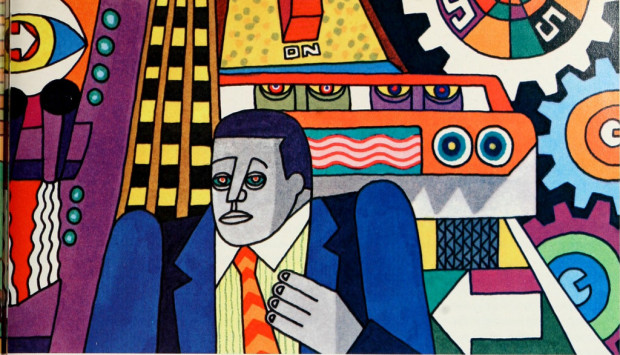

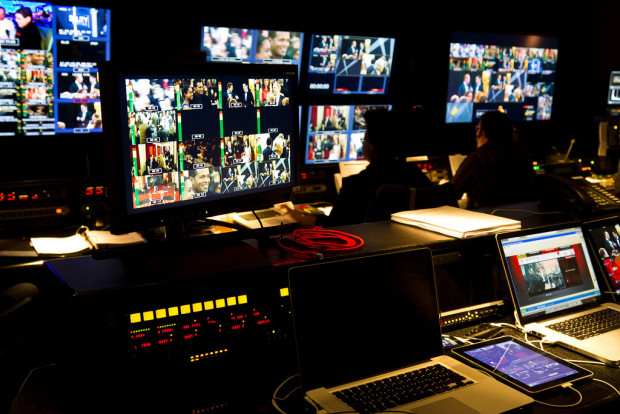
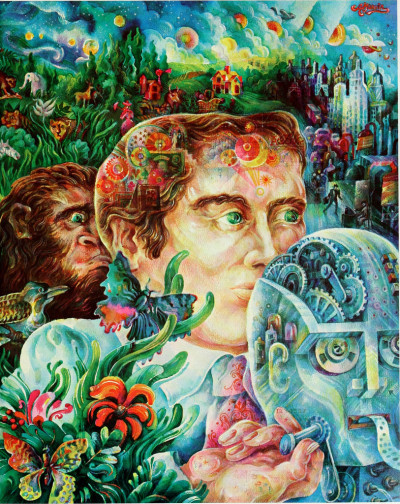
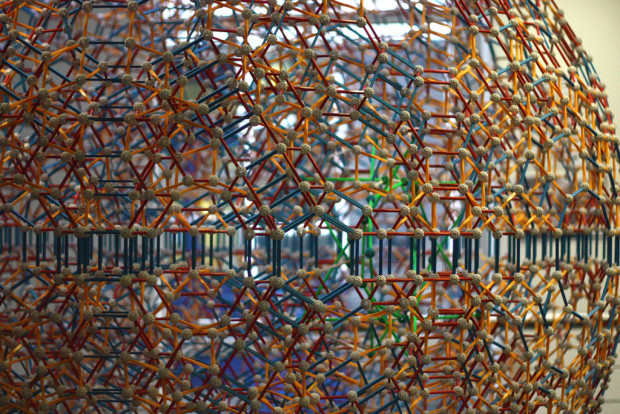


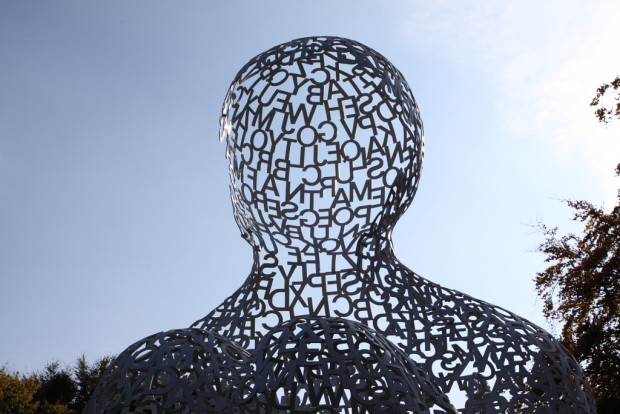











9 Responses to The Information Age Needs Knowledge and Morality
You must be logged in to post a comment Login